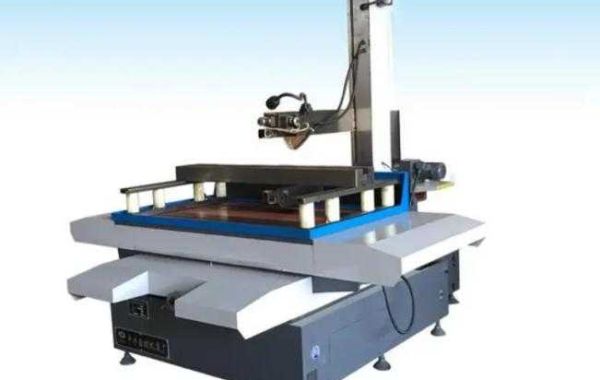Choosing the "best" aluminum alloy for CNC milling is dependent on your project's specific needs and priorities. However, some alloys consistently outperform others in terms of machinability, strength, and suitability for CNC processes. Here's a breakdown of the top contenders in various categories:
High Strength Machinability
- 2024-T3/T4:This alloy strikes an excellent balance between strength and machinability. It finds widespread use in aerospace, transportation, and high-performance applications.
- 6061-T6: It is the most popular choice for general-purpose CNC milling due to its versatility, strength, and exceptional machinability. It's suitable for a wide range of industries.
- 7050-T7:This material's high strength and corrosion resistance make it ideal for demanding applications such as aircraft and marine parts. Machinability is moderate.
High Strength Corrosion Resistance:
- 5052-H34:This alloy prioritizes corrosion resistance while retaining high strength and machinability. It is widely used in marine applications, food processing equipment, and chemical storage tanks.
- 6082-T6:Features high strength, good weldability, and moderate machinability. It specializes in structural components such as truck frames and bridges.
- 7075-T6: Known for its high strength and fatigue resistance, but its moderate machinability necessitates specialized tooling and slower speeds. Used in aircraft parts, athletic equipment, and high-performance applications.
Excellent Machinability Weldability
- 6063-T5:Provides good machinability, moderate strength, and excellent weldability. It is a popular material for architectural components, extrusions, and decorative elements.
- 5052-H32: This alloy prioritizes machinability and weldability while still providing adequate strength and corrosion resistance. It is ideal for sheet metal fabrication, marine applications, and food processing equipment.
Additional Considerations
- Budget: More complex alloys, such as 7075, are generally more expensive.
- Design Complexity: Intricate designs may necessitate the use of more machinable alloys, such as 6061 or 5052.
- Post-Processing:Heat treatment or anodizing may influence your choice, depending on the desired properties.
This is not an exhaustive list, as several other alloys have distinct properties that make them appropriate for specific applications. If you have any further questions, such as how to determine whether CNC milling aluminum 6061-T6 is the best process for your requirements. Consulting a CNC machining expert is essential for determining the best alloy for your project's specific needs and constraints.







